
Creative Research Practice
Since 2017, this ongoing research project has used millennia of diverse Indigenous knowledge systems, ancient technological design, and engineering practices to question AI, its foundational mechanics, our relationship with it, and future dreamings. Looking to the past to imagine hopeful futures, these Indigenous knowledge systems are the key to safe and trustworthy AI systems. This work aims to support the next generation of Indigenous technologists, utilising Indigenous knowledge systems to inform the social and environmental sustainability practices that are key to encoding trustworthiness and safety into AI systems.
Indigenous Protocols for AI
Indigenous Protocols are a way for First Nations peoples to determine the behavioural norms linked to societal governance, principles, and ethics. This continent, known as Australia, and its extremely diverse landscapes and cultural knowledge have influenced the discrete sovereign communities and their cultural protocols over time.
The research project aimed to represent the diversity of Indigenous knowledge systems and ancient technological design and engineering practices to question AI, its foundational mechanics, our relationship with it, and future dreamings.
Over a year and a half, and across 20 time zones, Angie Abdilla, Jason Lewis, and Oiwe Jones Parker devised and initiated the first workshops. Held in Hawaii between Indigenous people (and a few non-Indigenous peoples) from diverse communities in Aotearoa, Australia, North America, and the Pacific, was the Indigenous Protocols for AI workshop.
Since then, we have held more gatherings. From each of these meetings, we have continued to prototype, test, and iteratively produce more specific research outputs, furthering the agenda to bridge the gap between ethics and practices within artificial intelligence by developing Indigenous Protocols for AI.
Brent Barron, Jason E Lewis, Oiwi Parker Jones, Fox Harrell, Michelle Brown, Noelani Arista, Susanne Kite, Angie Abdilla, Marlee Silver - Hawaii, 2018
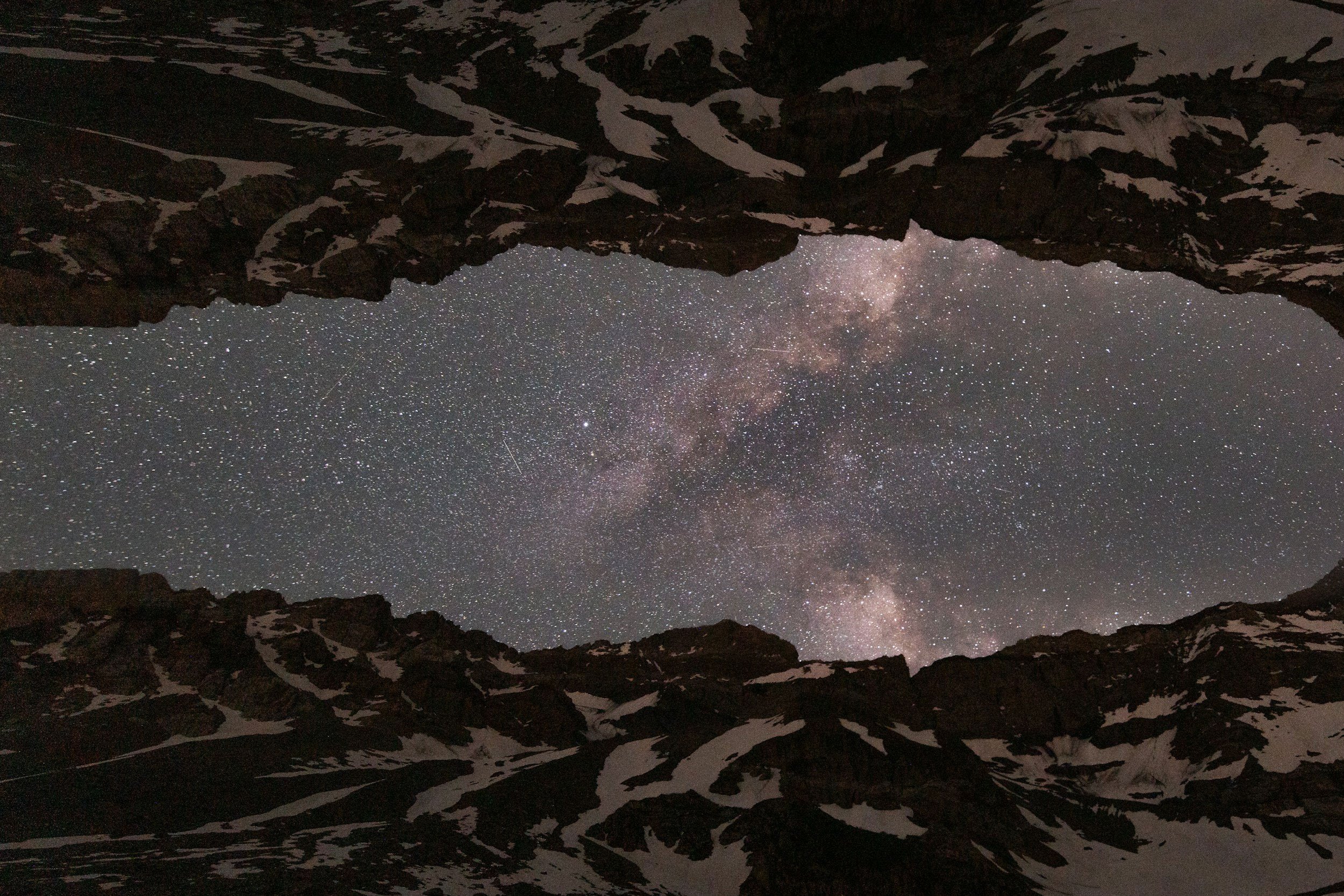
IP//AI Incubator
Grace Turtle, Angie Abdilla, Brad Darkson, Kathryn Gledhill Tucker, Rupert Parry, Matthew Heffenan, Jochen Gutsch, Kitsten Thorpe, Sam Provest, Megan Kelleher, Tyson Yumkaporta, Auntie Bronwyn Penrith, Rick Shaw, Tea Uglow
For the third iteration of the IP//AI work, we prioritised the Incubator as a virtual space to facilitate our regionally specific protocols, cultural perspectives, methodologies, environmental needs and social conditions to determine an Australian Indigenous AI. We aimed to achieve this through experimentation and prototyping how our protocols could deliver alternatives to automation outcomes.
Central to Indigenous cultural practices is the inclusion of Elders to steward the work, and grow up young ones. Aunty Bron was a key part of the Incubator, posing questions and provocations that ensured we were considering the affect and effect of all decisions in the different stages of the Incubator.
The development of the Learning outline happened over a period of 2-3 months with Angie Abdilla, Grace Turtle, Tyson Yunkaporta and Megan Kelleher in consultation with our advisors. The following outline was iteratively developed as the Incubator progressed.

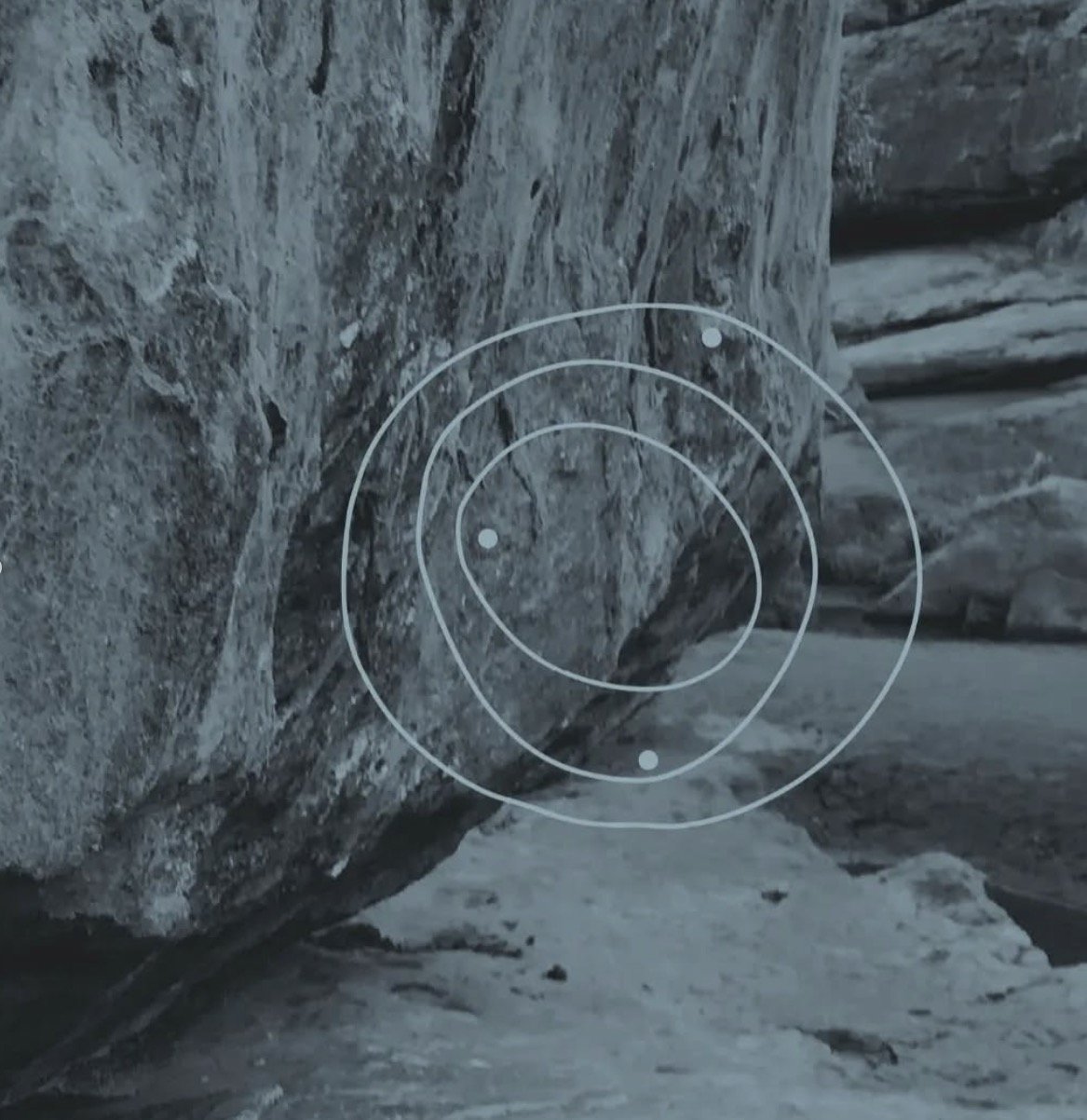
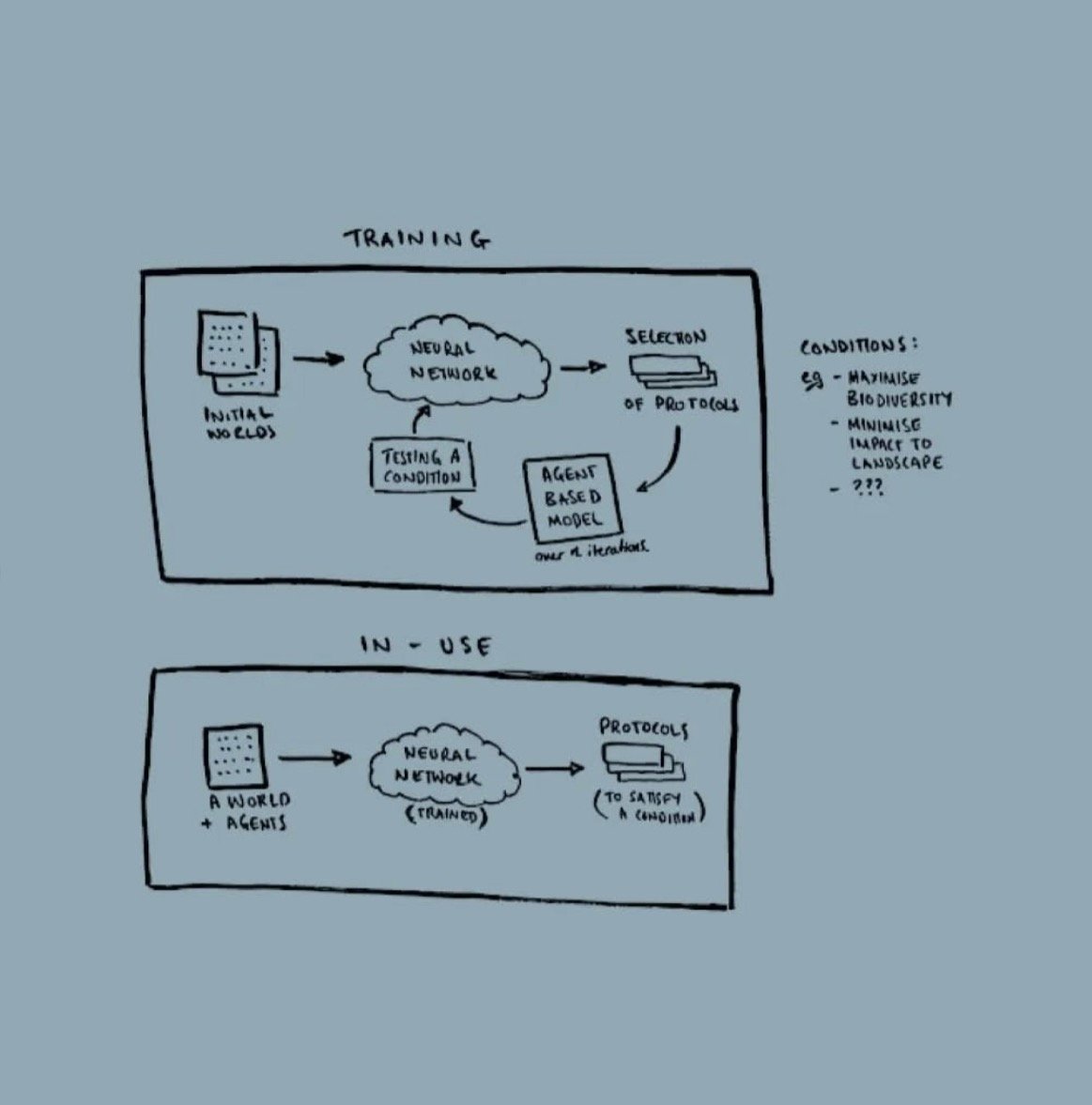


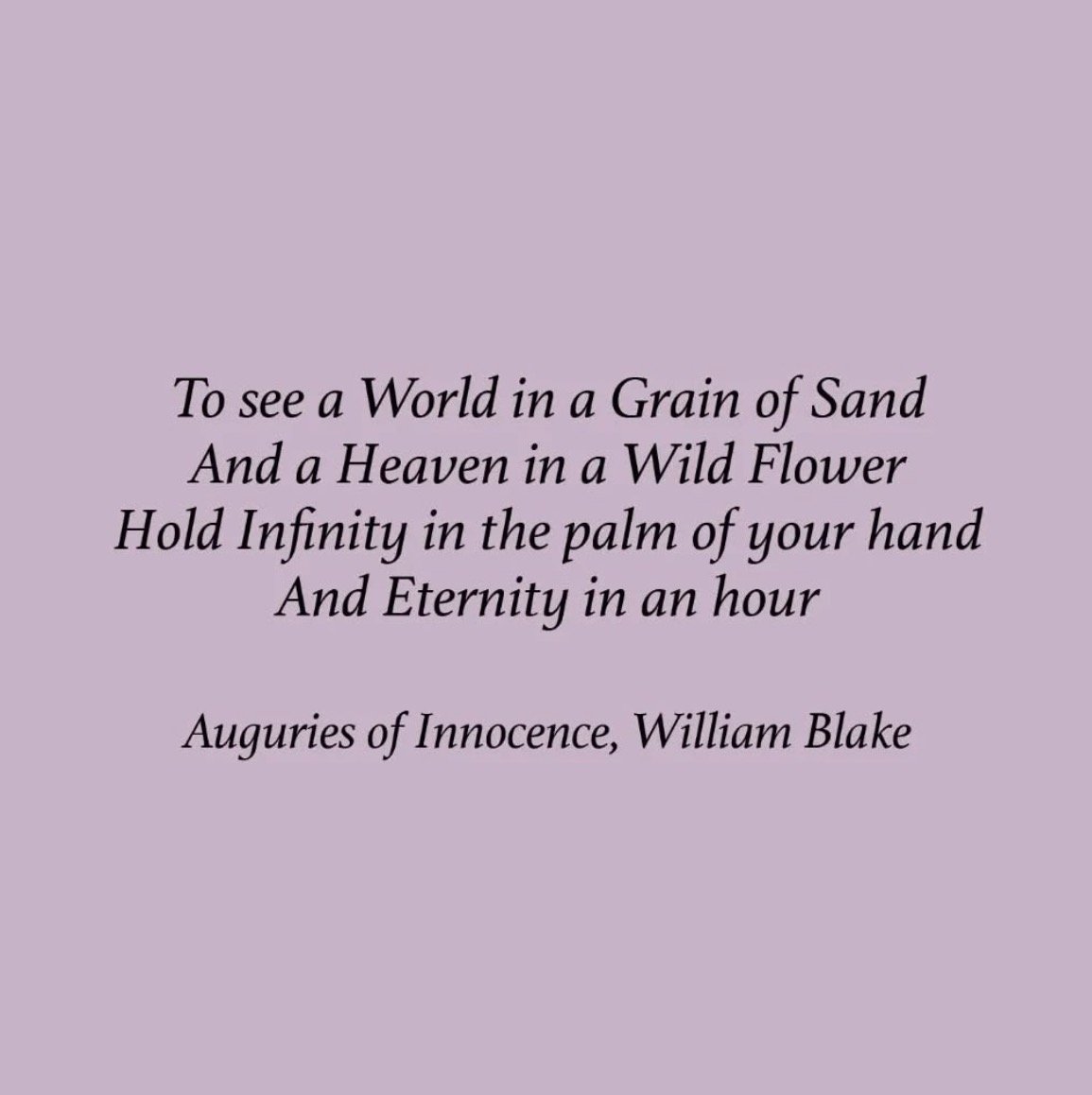

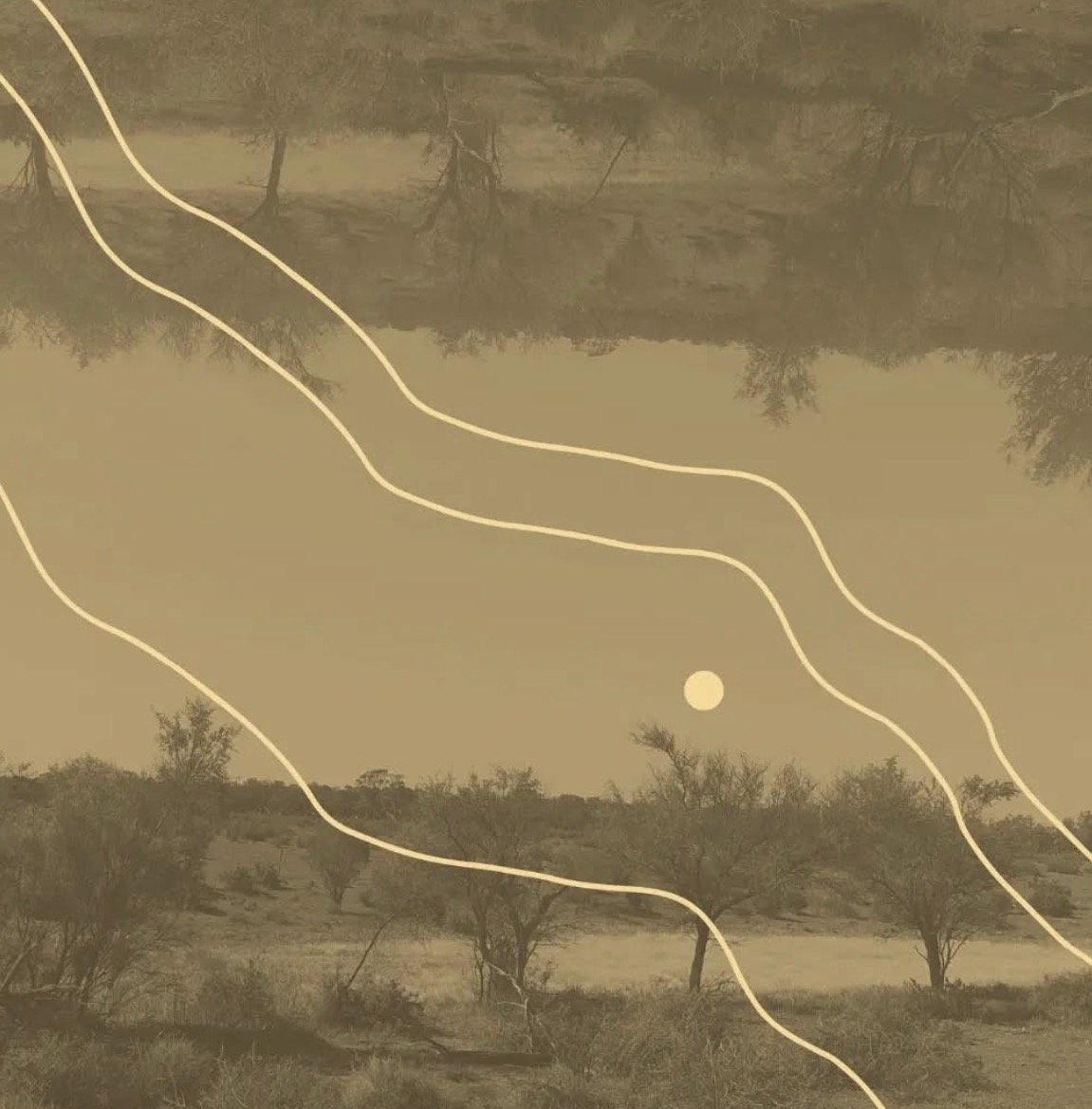




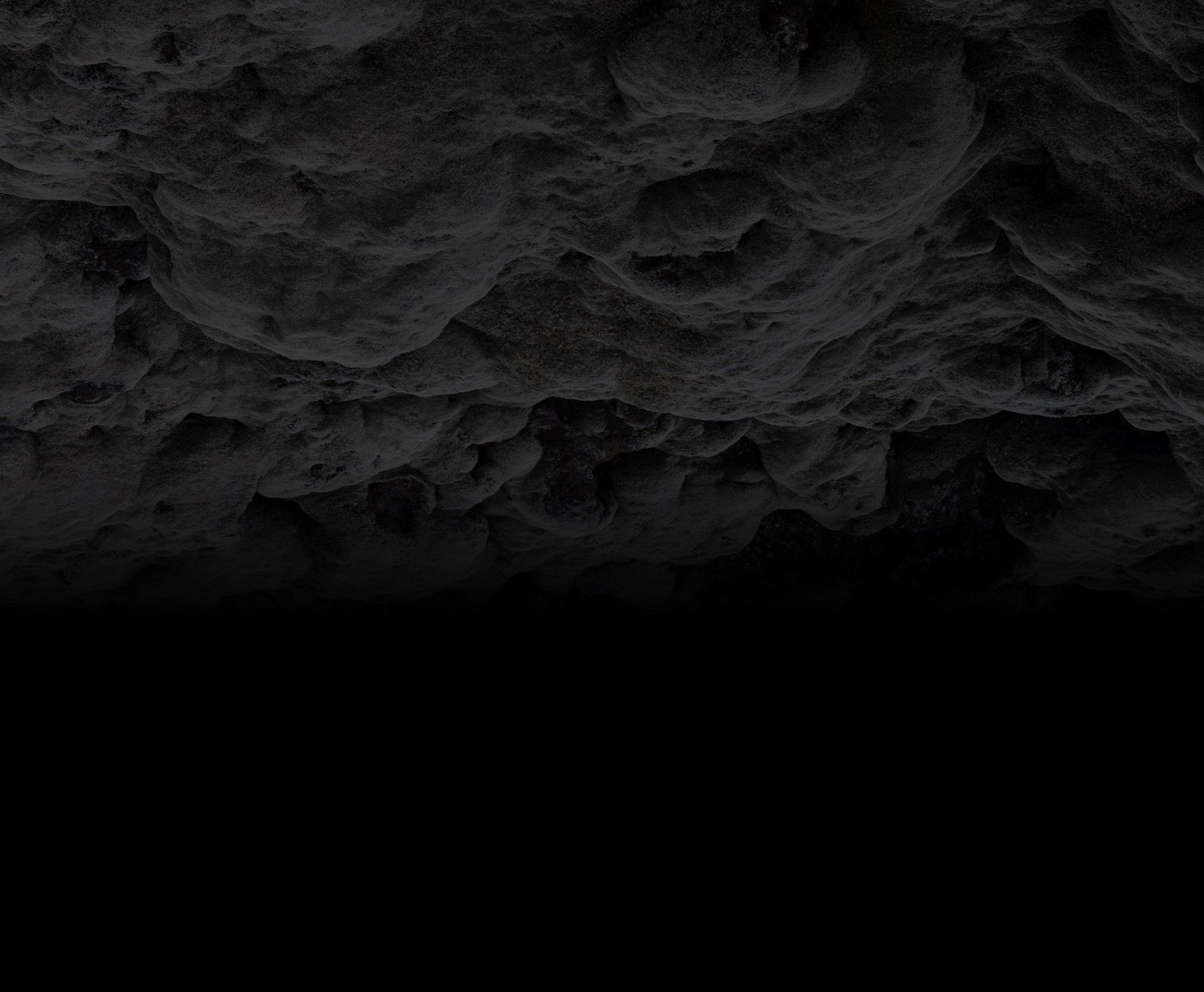
ECOLOGY MODEL
During the Incubator, we prototyped a number of AI models testing how the earlier defined cultural protocols could be utilised to inform programmatic rules within the different models. The following diagrams are an example of the agent based model prototype. Throughout the process of developing the framework for the agent based model, the criticality of the cultural foundations within an Indigenous worldview was revealed as central to the process. The protocols, which we created as rules needed to first have the relevant cultural information and context to be successful.
An Agent-Based Model collaborating with a Neural Network applying protocols of behaviour to sustain an ecosystem
IP//AI Everywhen workshop
Corey Ruha, Deana Whaanga-Schollum, Melissa DeLaney, Mike Hill, Rosie Baum, Tianee Stanley, Sherice Kazzi, Kathryn Gledhill-Tucker, Carolyn Kavanagh, Sasha Sarago, Chantel Bates, r.e.a. Saunders, Karlie Noon, Gabriela Ferraro, Angie Abdilla, Jen Brazier, Aushaf Widisto photograph credit: Josef Ruckli - IP//AI Workshop ISEA 2024, “Everywhen”
On 27 June at QUT (Queensland University of Technology) Kelvin Grove, as part of ISEA2024 (International Symposium on Electronic Art). Everywhen, the participatory workshop Indigenous Protocols for Artificial Intelligence (IP//AI) delved into the historical development of AI and its contemporary applications.
This participatory workshop shared the histories of AI and its development into contemporary practices. Through two-way learning, we explored data, algorithms, models, and the concepts and methodologies of programming rules, protocols, training, and learning methods within Machine Learning. Concurrently, we interrogated the cultural affordances and capacity of ML by investigating the differences between Indigenous automated systems and current ML to further engineering possibilities through cultural practice.
Participants benefited from this conceptually technical and culturally focused explorative learning, centred on caring for Country and kin within an artificially intelligent (AI) system. In response ANAT commissioned this article by Nyungar technologist and writer Kathryn GledhillTucker, aptly titled Reflection: ISEA2024, Everywhen, Indigenous Protocols for Artificial Intelligence (IP//AI) Workshop #3.

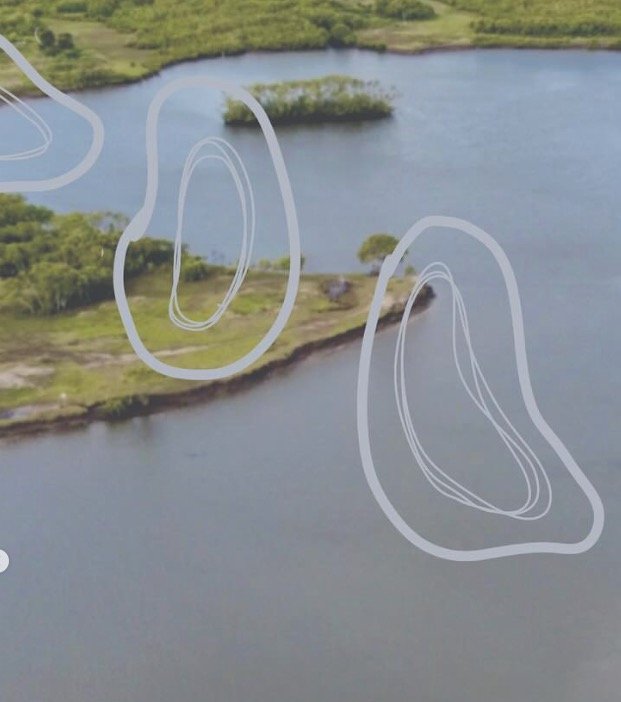
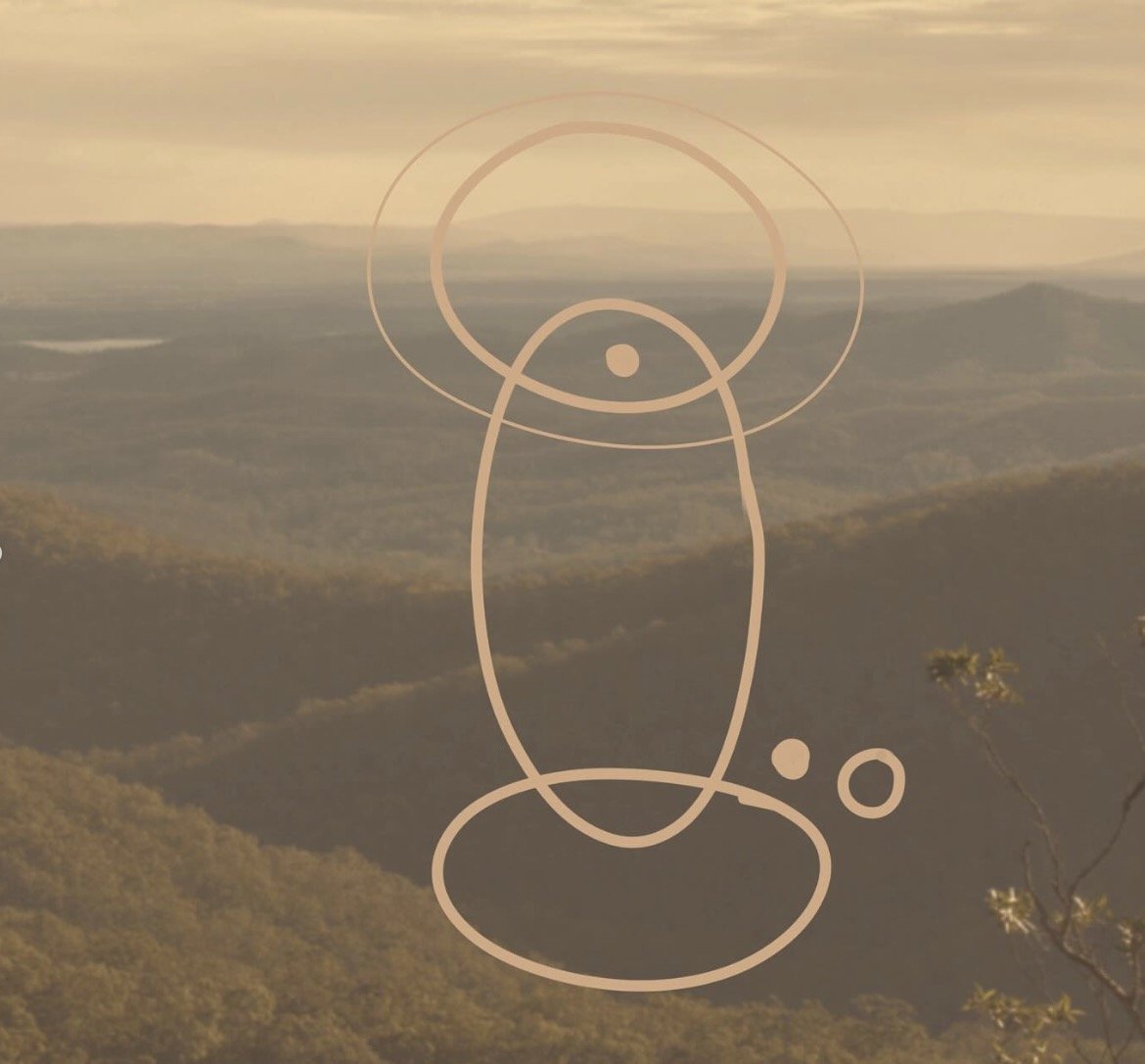
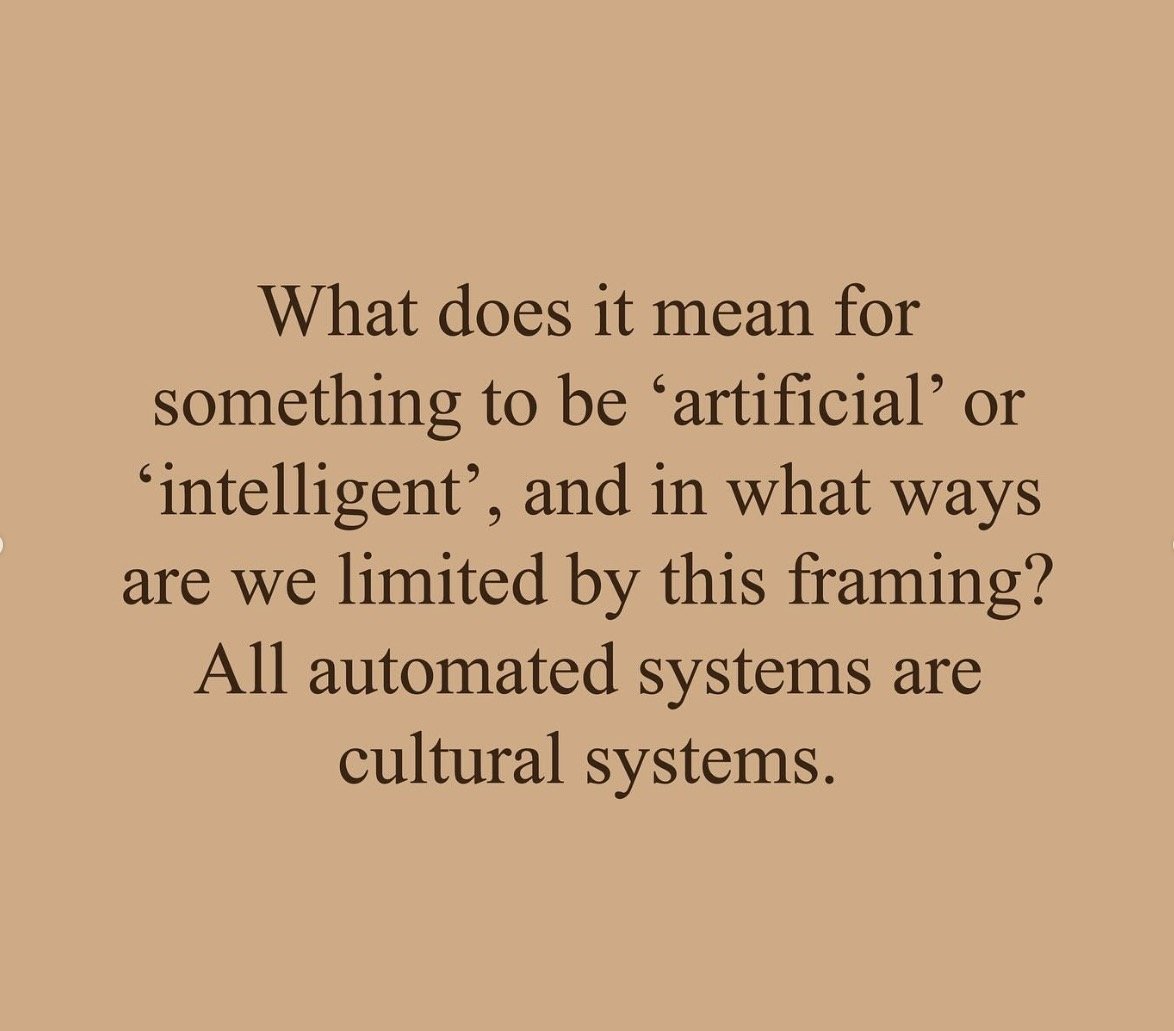
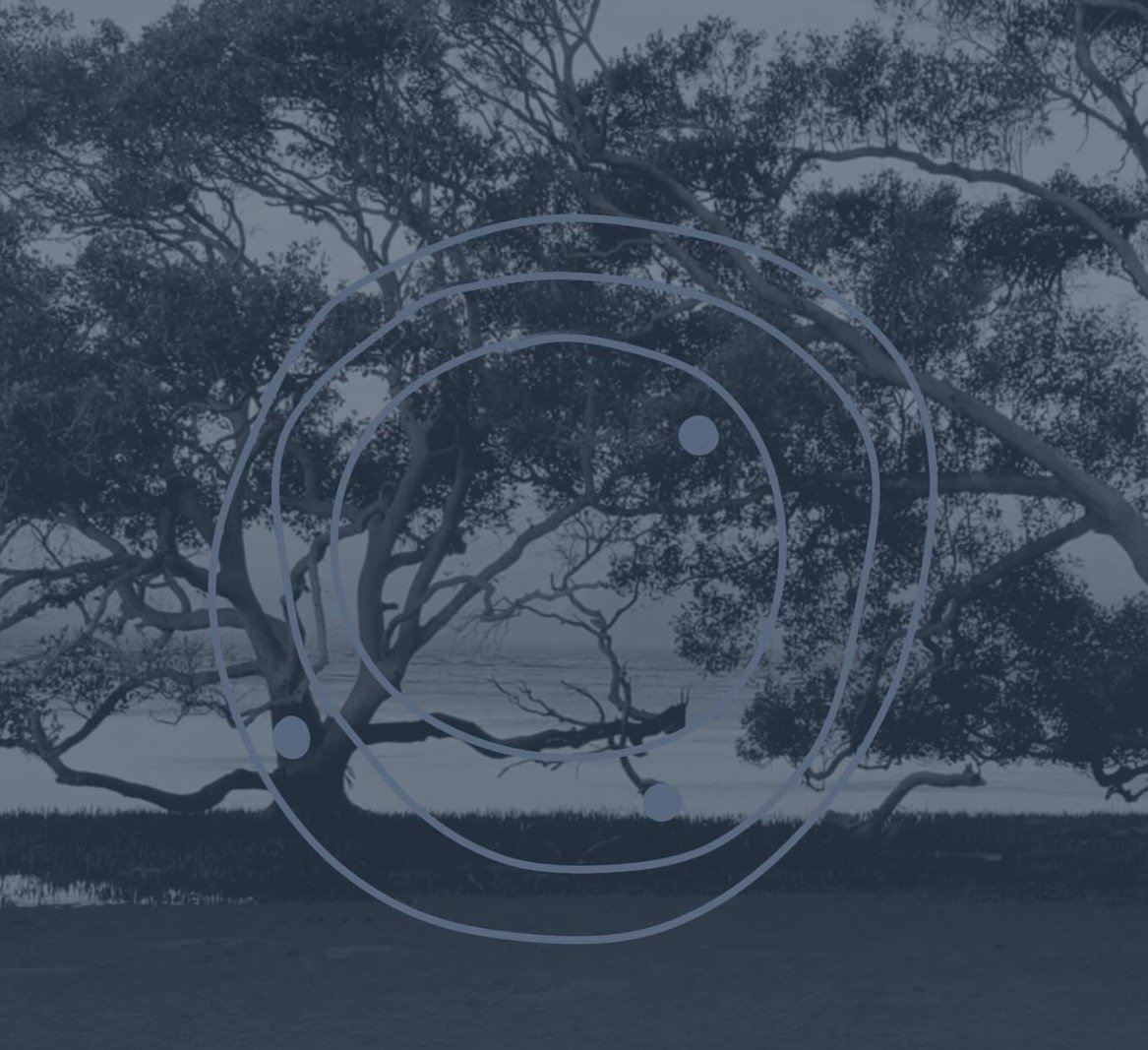

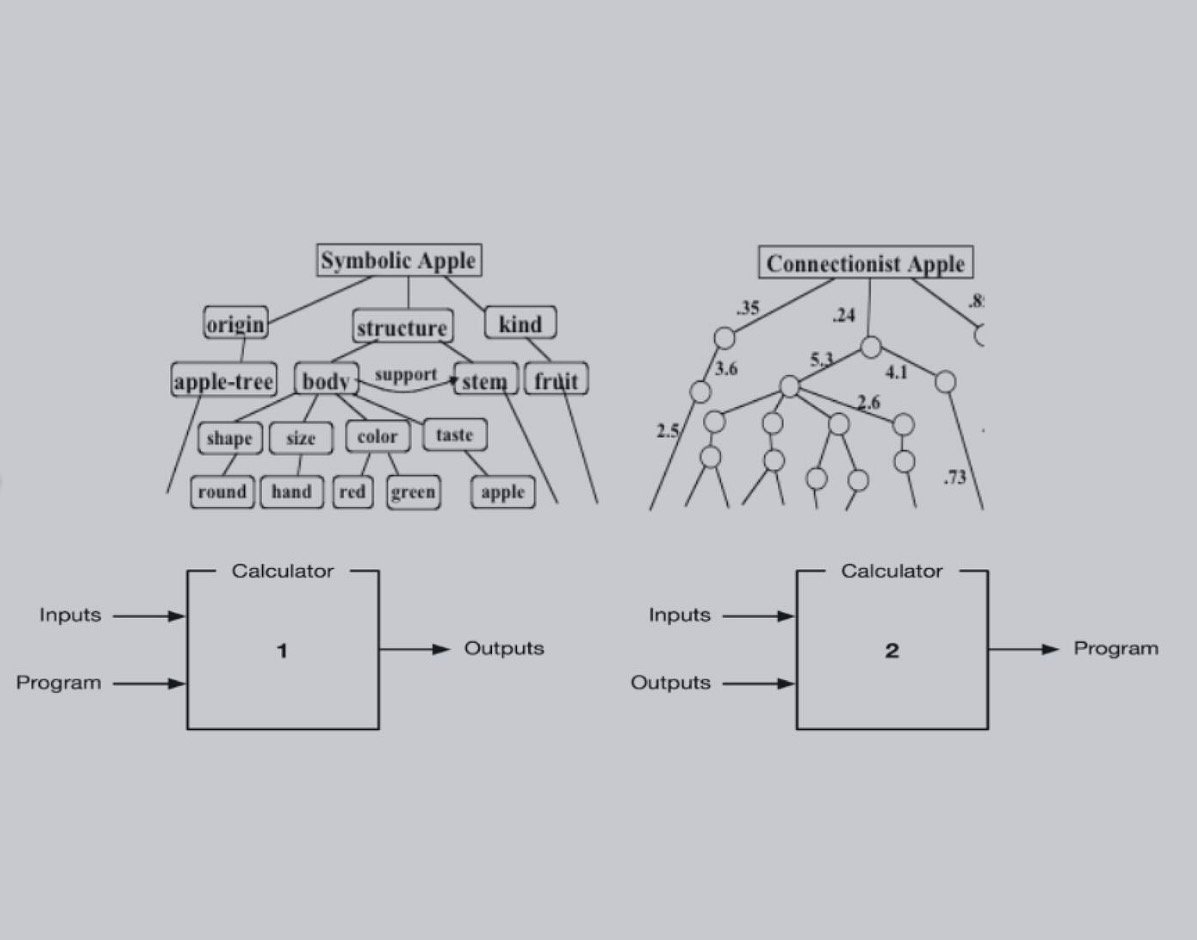
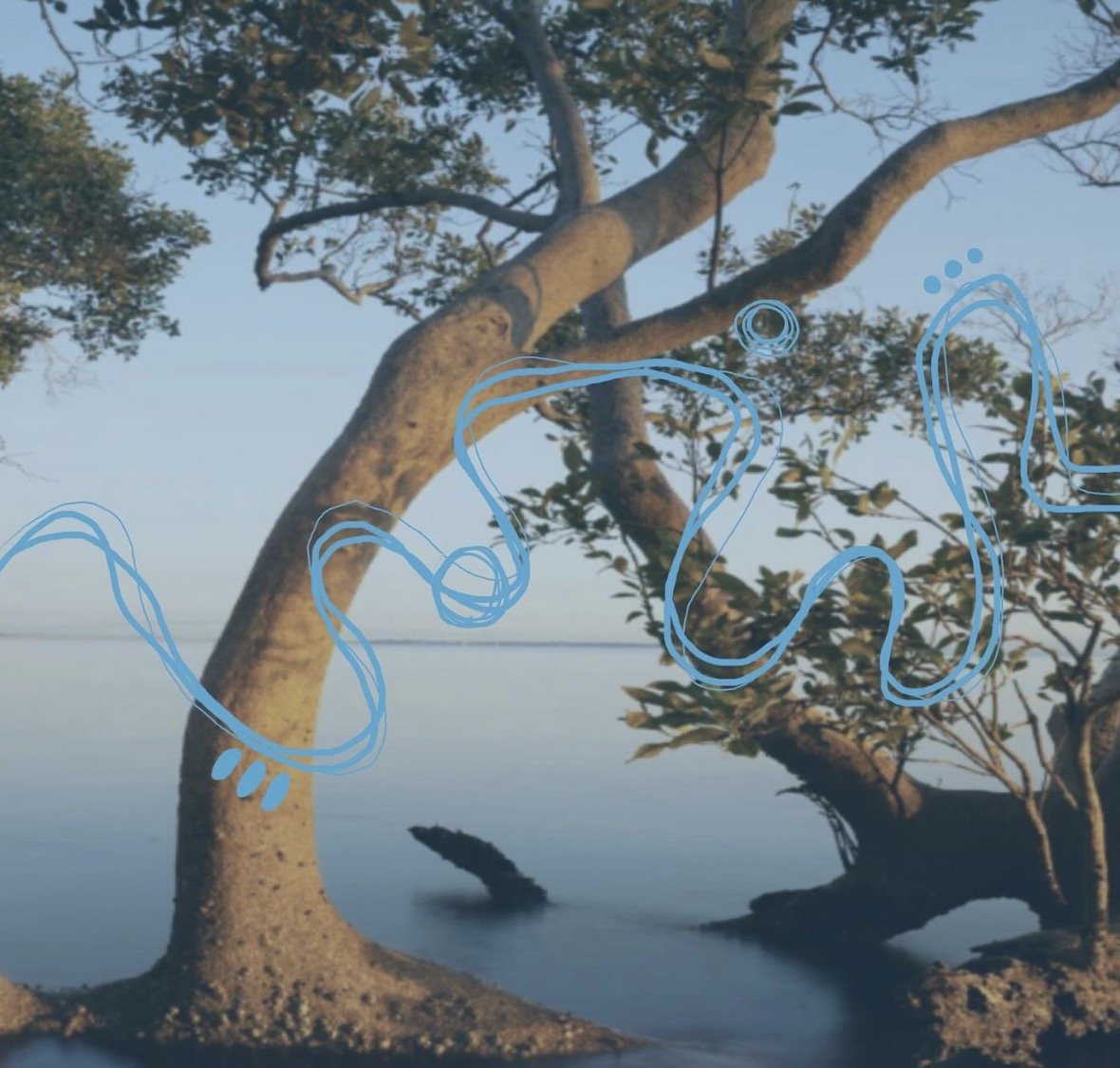
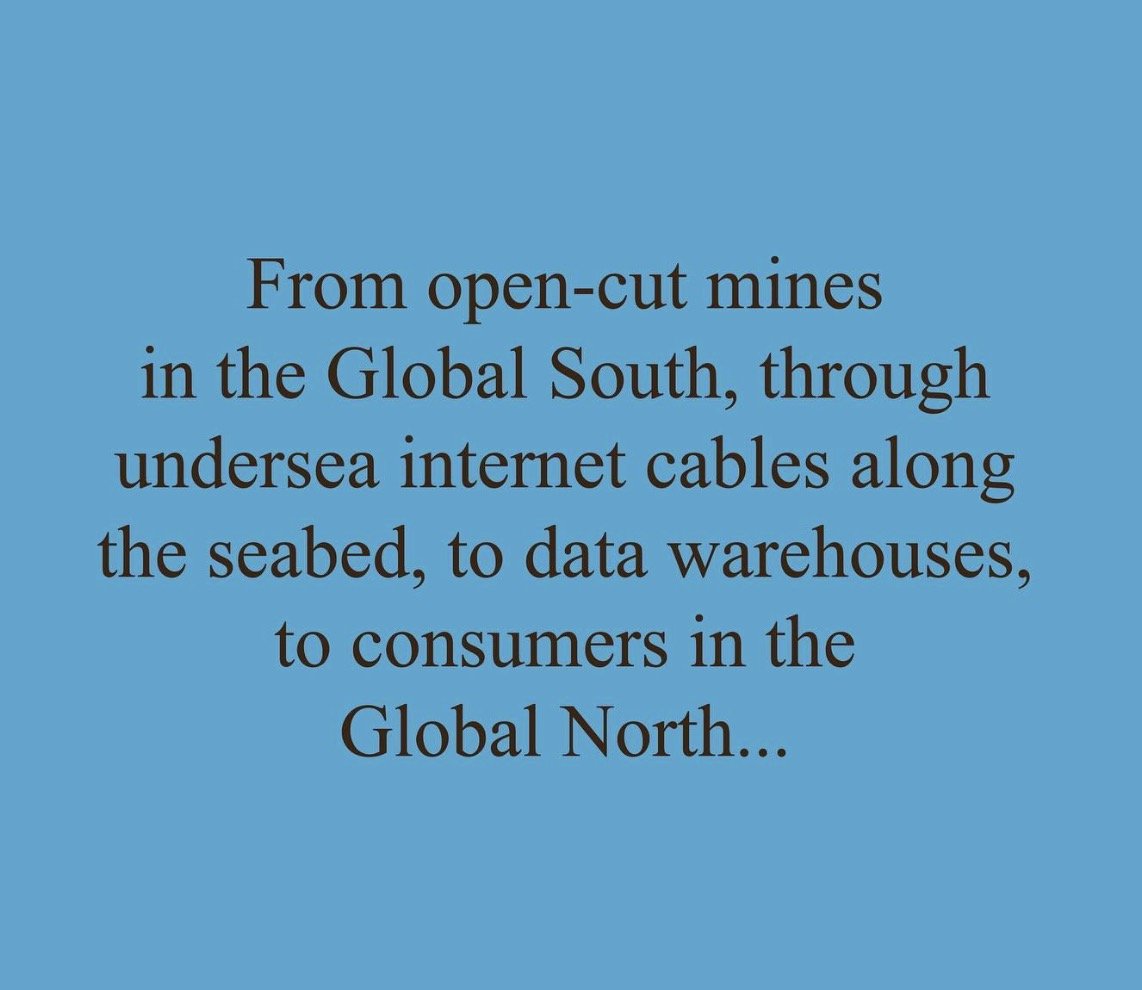

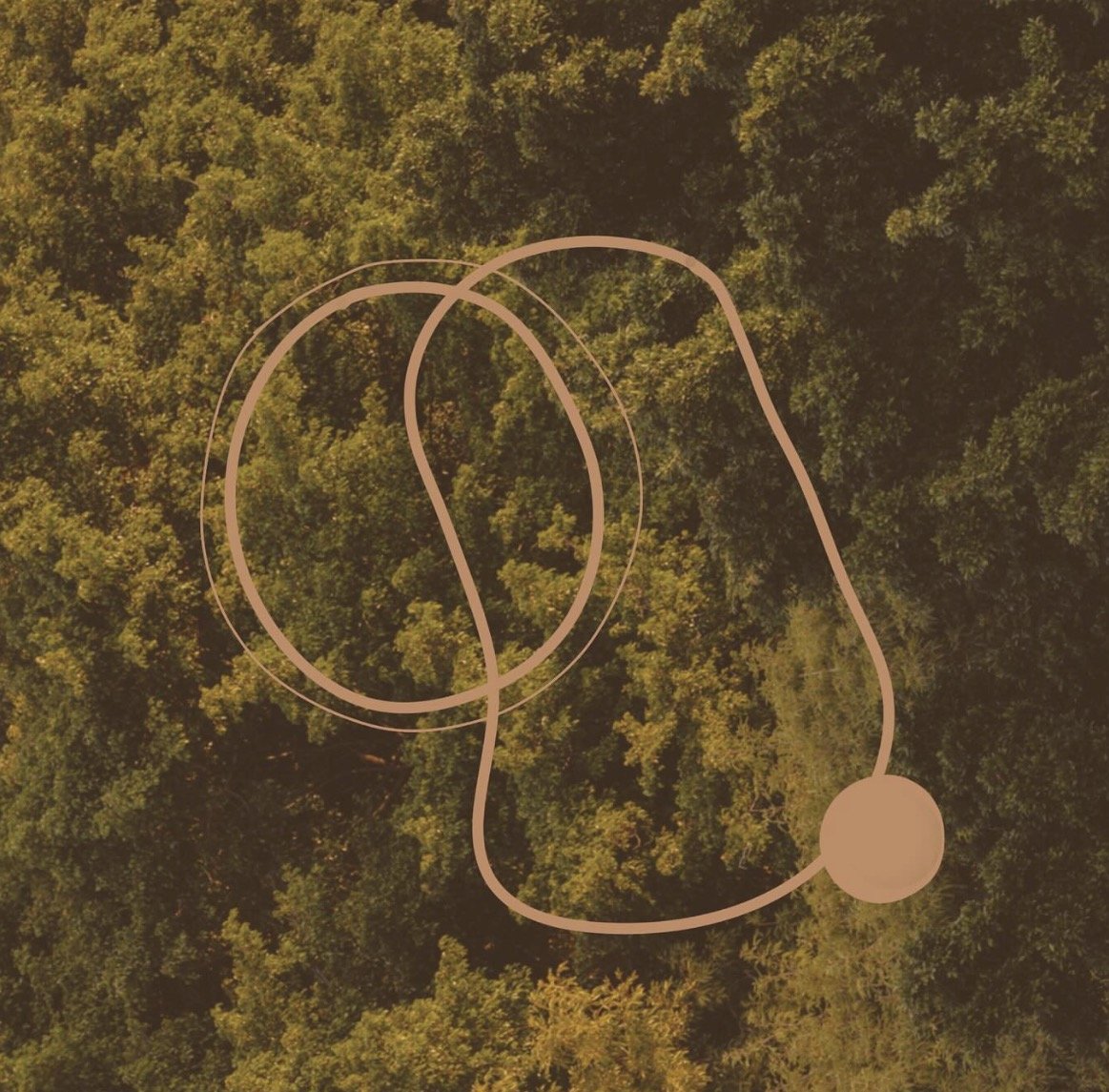
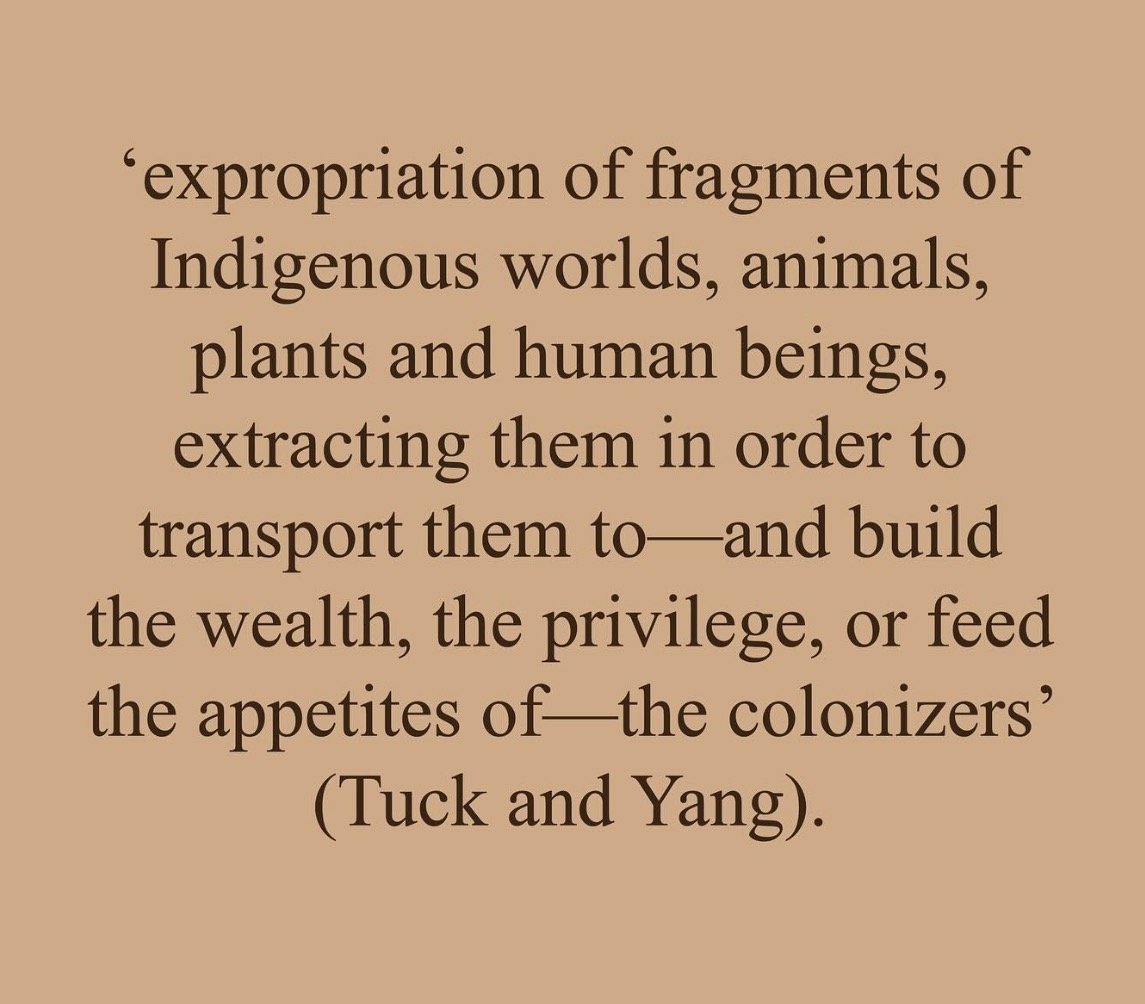
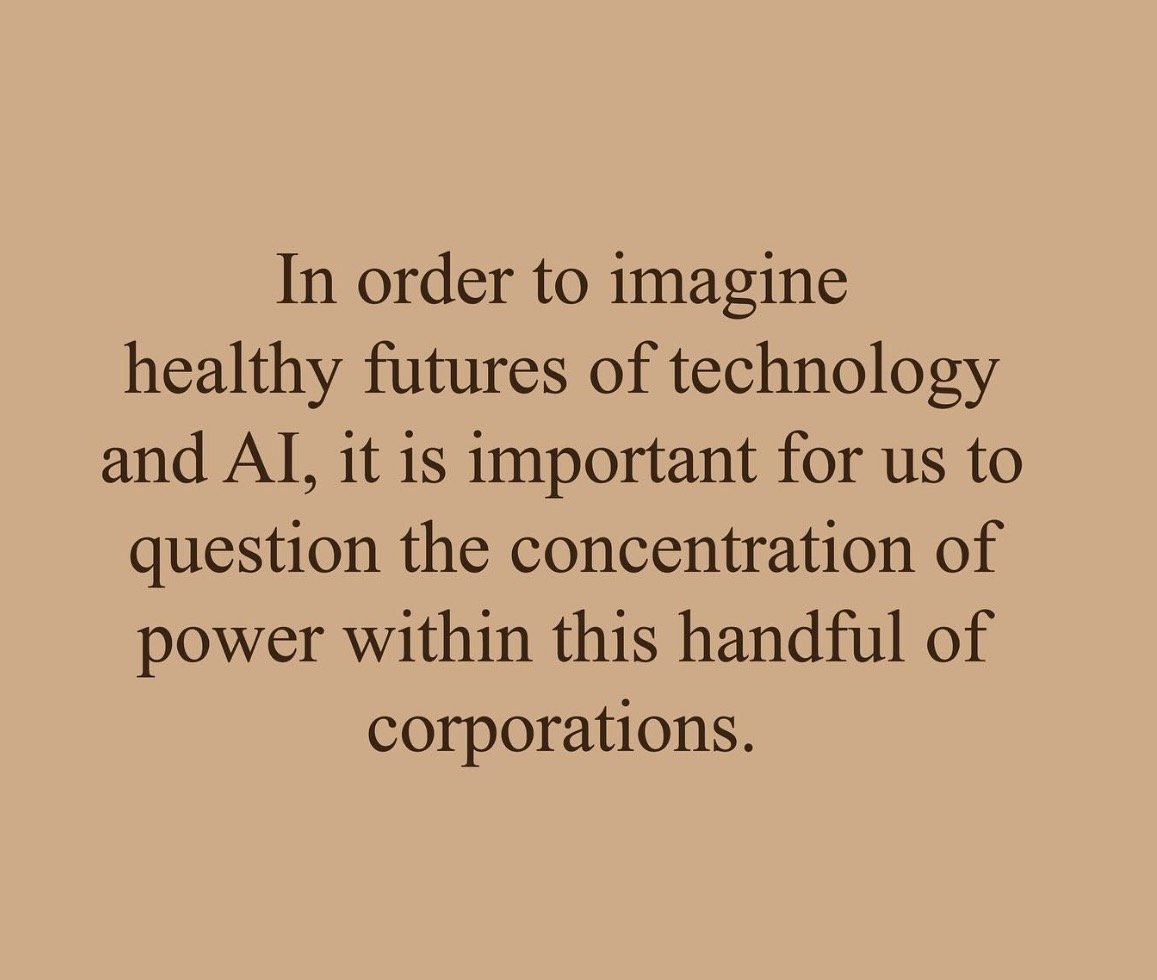


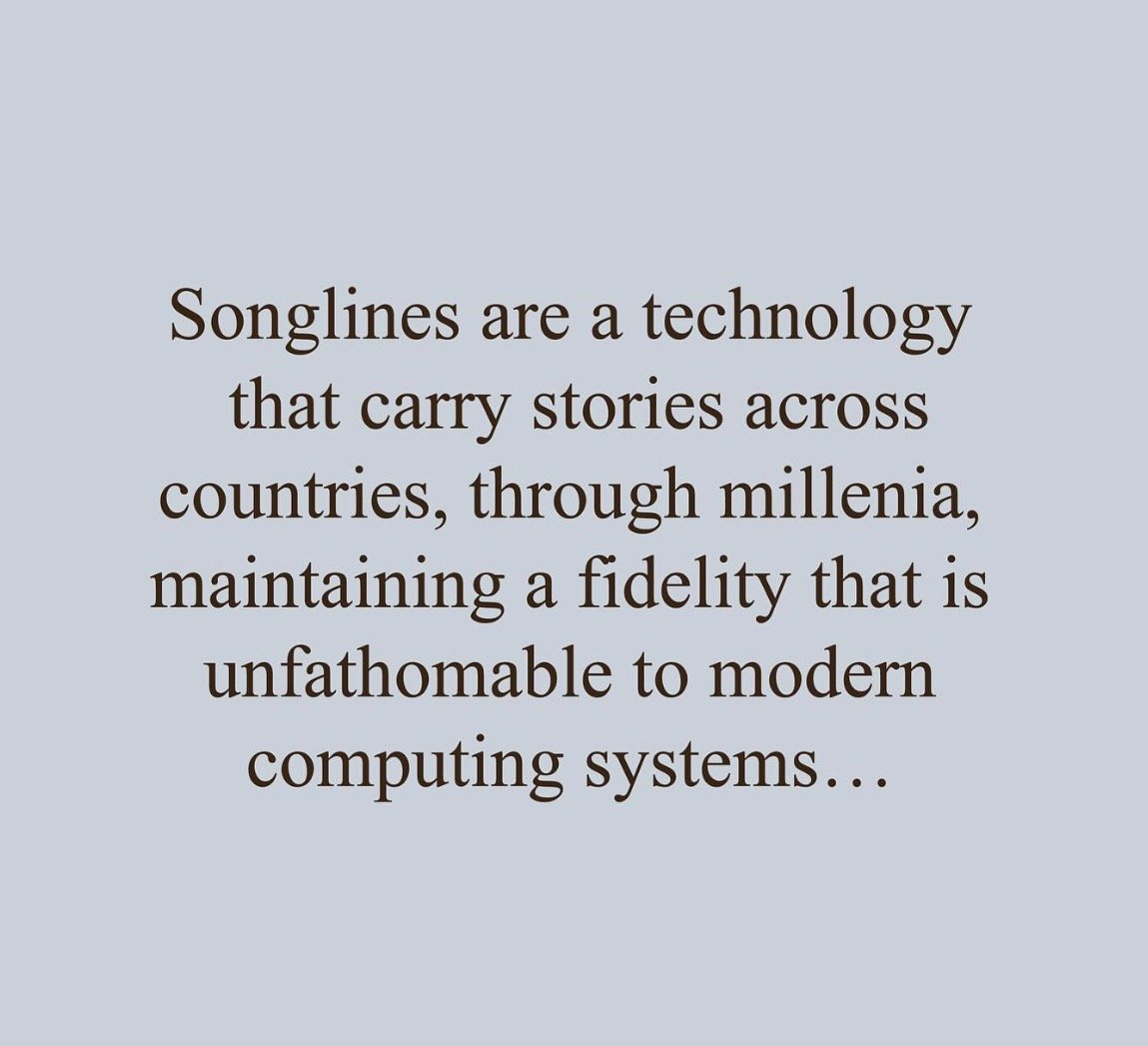


Research Publications
Performing Climates
Authors: Eddie Paterson, Lara Stevens and Angie Abdilla
Date Published: 2025
Publisher: Routledge
Envisaging Aboriginal and Torres Strait Islander AI Futures
Authors: Rose Barrowcliffe, Ben Hutchinson and Angie Abdilla
Date Published: coming soon, 2025
Publisher: Journal for Global Indigeneity
Reflections: Indigenous Protocols for Artificial Intelligence (IP//AI)
Authors: Kathyrn Gledhill-Tucker
Date Published: 2024
Publisher: ANAT
Out of the Black Box: Indigenous Protocols for AI
Authors: Angie Abdilla, Megan Kelleher, Rick Shaw, Tyson Yunkaporta
Date Published: 2021
Publisher: Old Ways, New
Position Paper: Indigenous Protocol and Artificial Intelligence
Authors: Angie Abdilla, Jason Edward Lewis, Noelani Arista
Date Published: 2020
Publisher: Old Ways, New, Canadian Institute for Advanced Research and the Initiative for Indigenous Futures
Decolonising the Digital: Technology
as Cultural Practice
Edited by: Josh Harle, Angie Abdilla, and Andrew Newman
Date Published: 2018
Indigenous Knowledge Systems and Pattern Thinking
Authors: Angie Abdilla and Dr. Robert Fitch
Date Published: 2016



















